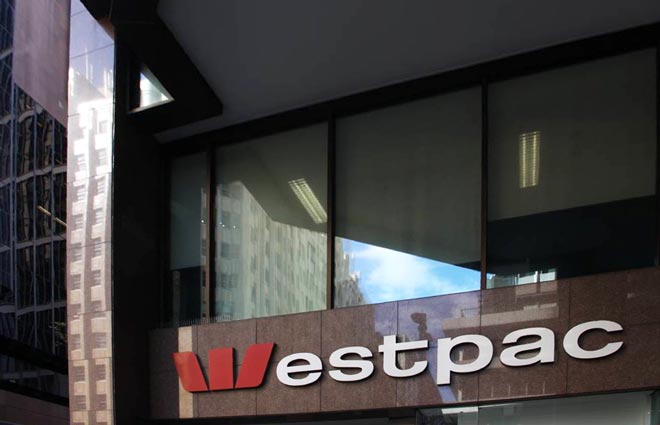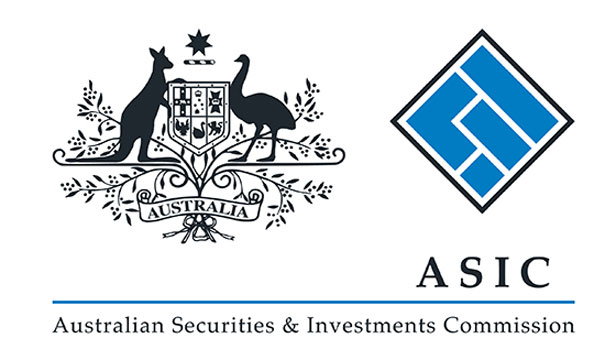As a result of ASIC’s investigation, ASIC is concerned that between 1 January 2008 and 30 June 2013, both banks failed to ensure that their systems and controls were adequate to address risks relating to instances of inappropriate conduct identified by ASIC.
ASIC Commissioner Cathie Armour said, ‘The foreign exchange market is a systemically important market that depends on all participants acting with integrity and fairness. ASIC is committed to ensuring that major financial institutions have the systems in place to ensure that financial services are provided fairly, honestly and efficiently.’
Westpac
ASIC identified the following conduct by employees of Westpac in its spot FX business between 1 January 2008 and 30 June 2013:
- on several occasions, Westpac employees disclosed confidential details of pending client orders to external traders in the spot FX market, including on a few occasions identification of the client by use of code names;
- on at least one occasion, a Westpac employee acted together with an external party to share confidential information and enter and cancel offers on a trading platform other than in the ordinary course of hedging or market making;
- on several occasions, Westpac employees inappropriately received and/or disclosed confidential information about Westpac’s or another institution’s orders in the course of fix order management and execution;
- on one occasion, a Westpac employee altered a proprietary position prior to the fix upon receipt of confidential and potentially material information in relation to other institutional fix orders; and
- on at least one occasion, a Westpac employee inappropriately disclosed confidential Westpac fix order information to an external party to inform their joint personal account trading strategy.
ASIC is concerned that Westpac did not ensure that its systems, controls and supervision were adequate to prevent, detect and respond to such conduct, which had the potential to undermine confidence in the proper functioning and integrity of the market.
Under the EU, Westpac will develop a program of changes to its existing systems, controls, monitoring and supervision of employees within its spot FX business to prevent, detect and respond in relation to:
- disclosure of confidential information to external market participants;
- inappropriate order management and trading, including fix orders and the entry or cancellation of offers on an electronic trading platform other than in the ordinary course of hedging or market making activities; and
- inappropriate personal trading.
The program and its implementation will be assessed by an independent consultant appointed by ASIC. The program will incorporate changes already made by Westpac as part of an existing review of its spot FX business.
Upon implementation of that program, for a period of three years, Westpac will provide to ASIC an annual attestation from a senior executive that the systems and controls in its spot FX business are appropriate and adequate to effectively prevent, detect and respond to specified matters. The program will also be subject to annual internal reviews and assessment by the independent consultant for a period of three years.
Westpac will also make a community benefit payment of $3 million to support the financial capability of vulnerable people including women experiencing family violence, the elderly and youth at risk.
ANZ
ASIC identified the following conduct by employees of ANZ in its spot FX business between 1 January 2008 and 30 June 2013:
- on a number of occasions, ANZ employees disclosed specific confidential details of pending customer orders to external third parties including the identification of the customer through the use of code names;
- on at least one occasion, a former ANZ spot FX trader exchanged with an external market participant confidential and potentially material information about other institutions’ customer flow or proprietary positions, including information concerning likely directional flow at the WM/R London 4pm fix, which was potentially inconsistent with a proper approach to market making or hedging. Following the receipt of such information, the ANZ trader acquired a proprietary position in a currency prior to the WM/R London 4pm fix; and
- on a number of occasions, ANZ employees who were responsible for managing particular client orders traded in a manner which was potentially inconsistent with a proper approach to market making or hedging.
ASIC is concerned that ANZ did not ensure that its systems, controls and supervision were adequate to prevent, detect and respond to such conduct, which had the potential to undermine confidence in the proper functioning and integrity of the market.
Under the EU, ANZ will develop a program of changes to its existing systems, controls, training, guidance and framework for monitoring and supervision of employees in its spot FX and non-deliverable forwards businesses to prevent, detect and respond to:
- disclosures of confidential customer and potentially material information; and
- inappropriate order management and trading while in possession of confidential and potentially material information.
The program and its implementation will be assessed by an independent consultant appointed by ASIC. The program will incorporate changes already made by ANZ as part of ongoing reviews of its businesses.
Upon implementation of that program, for a period of three years, ANZ will provide to ASIC an annual attestation from its senior executives that the systems and controls in its spot FX and non-deliverable forwards businesses are appropriate and adequate to effectively manage conduct risks relating to specified matters. The program will also be subject to annual internal reviews and assessments by the independent consultant for a period of three years.
ANZ will also make a community benefit payment of $3 million to Financial Literacy Australia.
***********
ASIC encourages market participants to adhere to high standards of market practice, including those set out in the Global Code of Conduct for the Foreign Exchange Market, published by the Bank of International Settlements (BIS Global FX Code). The BIS Global FX Code provides a global set of practice guidelines to promote the integrity and effective functioning of the wholesale FX market. Phase 1 of the Code was published in May 2016, and Phase 2 is due for publication in May 2017.
ASIC is grateful for the assistance of our international regulatory counterparts in progressing our investigation, including the UK Financial Conduct Authority, the NZ Financial Markets Authority and the Monetary Authority of Singapore.
Background
Prior to accepting these EUs from ANZ and Westpac, ASIC’s FX investigation has seen ASIC accept enforceable undertakings from each of the National Australia Bank Limited and the Commonwealth Bank of Australia (refer: 16-455MR). The institutions also made voluntary contributions of $2.5 million each to fund independent financial literacy projects in Australia.
The wholesale spot FX market is an important financial market for Australia. It facilitates the exchange of one currency for another and thus allows market participants to buy and sell foreign currencies. As part of its spot FX business, Westpac and ANZ entered into different types of spot FX agreements with its clients, including Australian clients.
Spot FX refers to FX contracts involving the exchange of two currencies at a price (exchange rate) agreed on a date (the trade date), and which are usually settled two business days from the trade date.
Non-deliverable forwards refer to FX forward contracts which, at maturity, are settled by calculating the difference between the agreed forward rate and a settlement rate (which is usually determined by reference to a benchmark published exchange rate). A FX forward contract is an agreement between two counterparties to exchange currencies at a future date at a rate agreed upon in advance.









